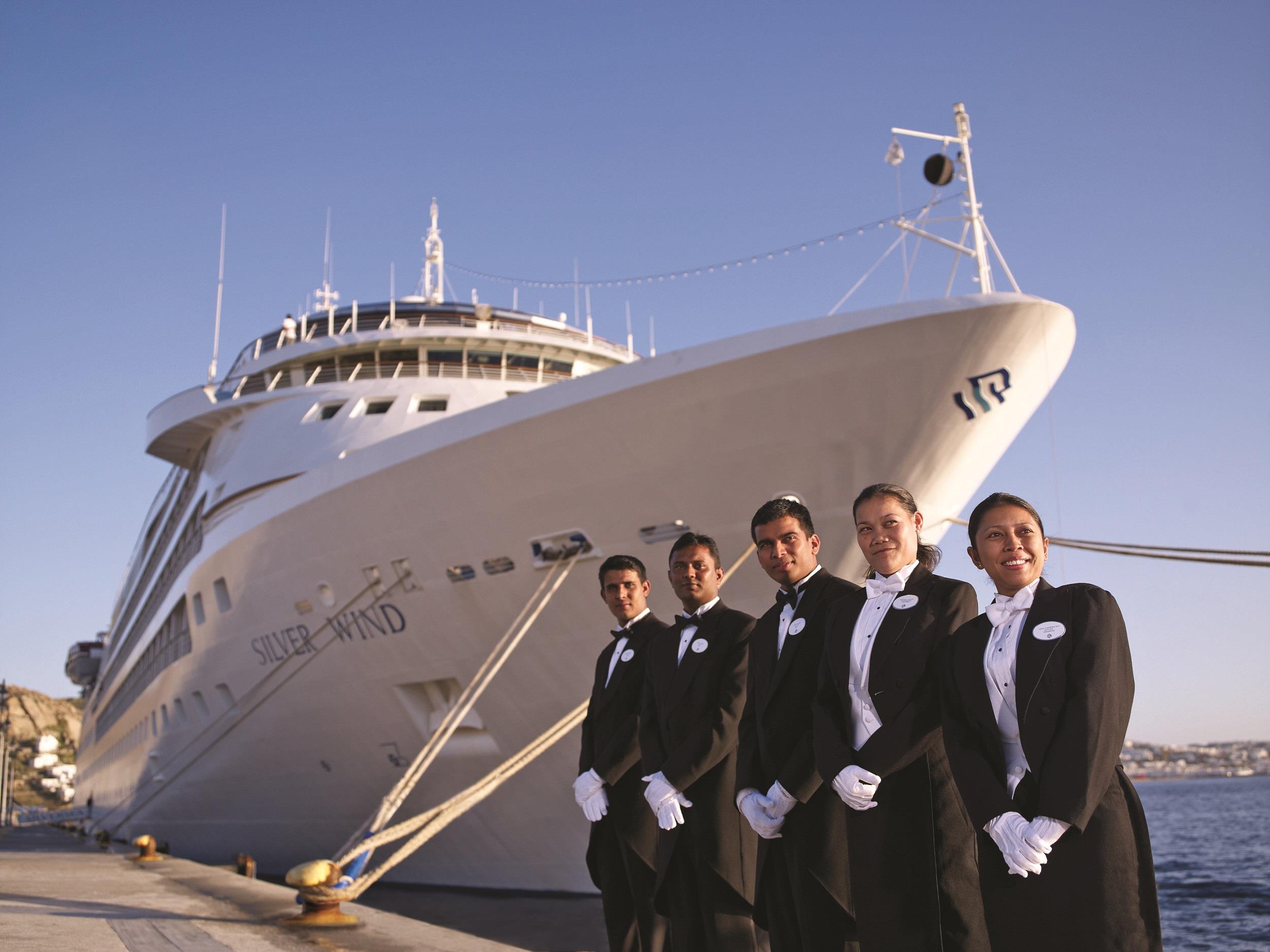HAVANA, Nov. 28 (Xinhua) -- The Cruise Line International Association (CLIA) organized its annual meeting here on Tuesday in a bid to expand cruise travel to Cuba during its tourism boom which began in 2015.
Established in 1975 and located in Washington, D.C., CLIA is the world's largest cruise industry association, providing a unified voice of the global cruise community.
Twelve of the world's most important cruise line companies, most of them American, held a two-day forum to discuss with Cuban officials cruise tourism to the island despite the new trade and travel regulations enforced by the Trump administration.
The opening of the event was chaired by Cuban Minister of Foreign Trade and Investment Rodrigo Malmierca and the island's Tourism Minister Manuel Marrero, as well as other governmental representatives.
Top industry officials and CEOs of various U.S. cruise companies said recent travel regulations approved by Washington did not overly affect them, although they would like all U.S. citizens to freely travel to Cuba as tourists.
In December 2014, Obama announced plans to normalize ties with Cuba, with the United States opening an embassy in Cuba, increasing flights to Cuba and encouraging people-to-people exchanges. Some U.S. businesses expanded into the island nation for the first time in five decades.
However, the Trump administration announced a rollback in Cuba policy in mid-June, and put into force new restrictions on trade and travel to Cuba on Nov. 9, setting back many aspects of the rapprochement between the two countries.
Since early November, Americans seeking to travel to Cuba are required to travel as part of organized tour groups run by U.S. companies, rather than individual people-to-people travel as allowed by the Obama administration.
U.S. companies are prohibited from engaging in business with 179 Cuban firms and ministries, particularly those linked to the military and Interior Ministry.
U.S. citizens are also prohibited from staying at any of Cuba's 83 state-owned hotels operated by the Gaviota tourism group, which is part of the military's giant holding company, GAESA.
"The cruise industry is very much supportive of Cuba's remaining open as a destination. All brands are doing fantastic in terms of business and we want to see it open in the future," Frank Del Rio, CEO of Norwegian Cruise Lines, told reporters.
"We are hopeful the governments can work out their differences because the good news is we are still here and guests are happy coming to Cuba," he added.
Del Rio said these new regulations had not affected U.S. cruises to Cuba and their expectation was that the market would continue to grow in the years to come.
"We did not need much help before the regulations were changed because the ships were full and continue to be full. We see a minimum impact in our business because of the new regulations," he stated.
The CEO of Norwegian Cruise Lines said Cuba had been one of his company's best destinations in terms of customer satisfaction and called for "all impediments" to bilateral ties to be removed.
"I'd like relations to be fully normalized, I'd like to see all the impediments removed. It has been too long, almost 60 years. What lasts 60 years? Nothing does," he said.
Cuba plans to implement a broad program of port infrastructure development aimed at boosting cruise activity in different parts of the country.
Currently, the cruise ships have docked in Havana, the city of Cienfuegos in southern Cuba and the eastern port of Santiago de Cuba.
A steady flow of cruise ship visitors to the island was reported until the end of October 2017, with Havana being the main destination receiving 28 cruise ships.
Cuba expects to close this year with around 4.7 million foreign visitors, a figure that will represent a record for the industry and solidify the island as one of the top destinations in the Caribbean.
